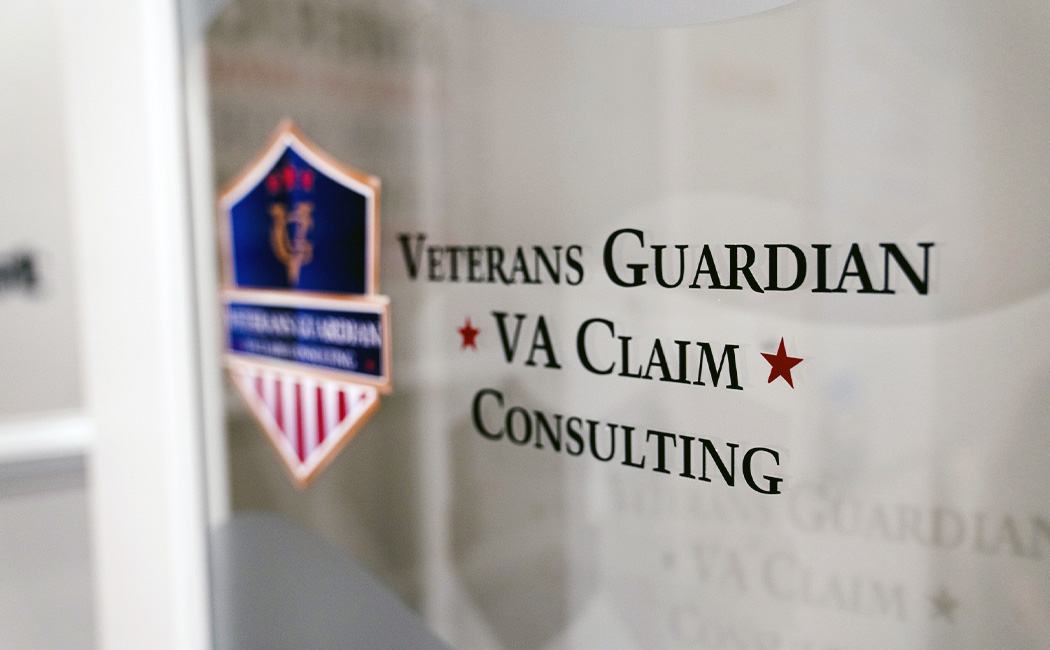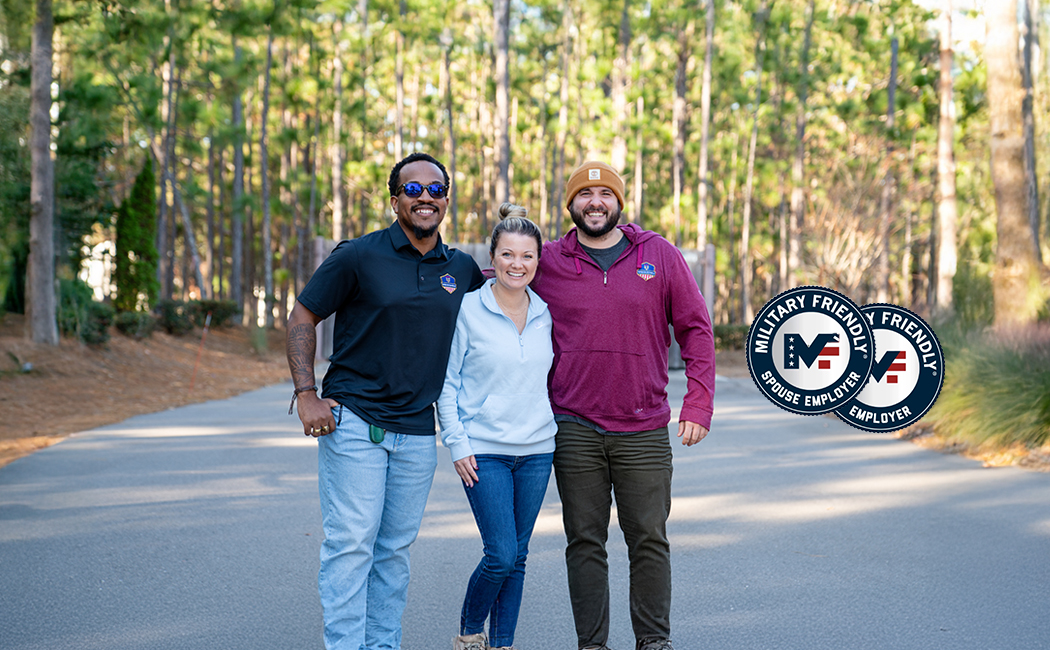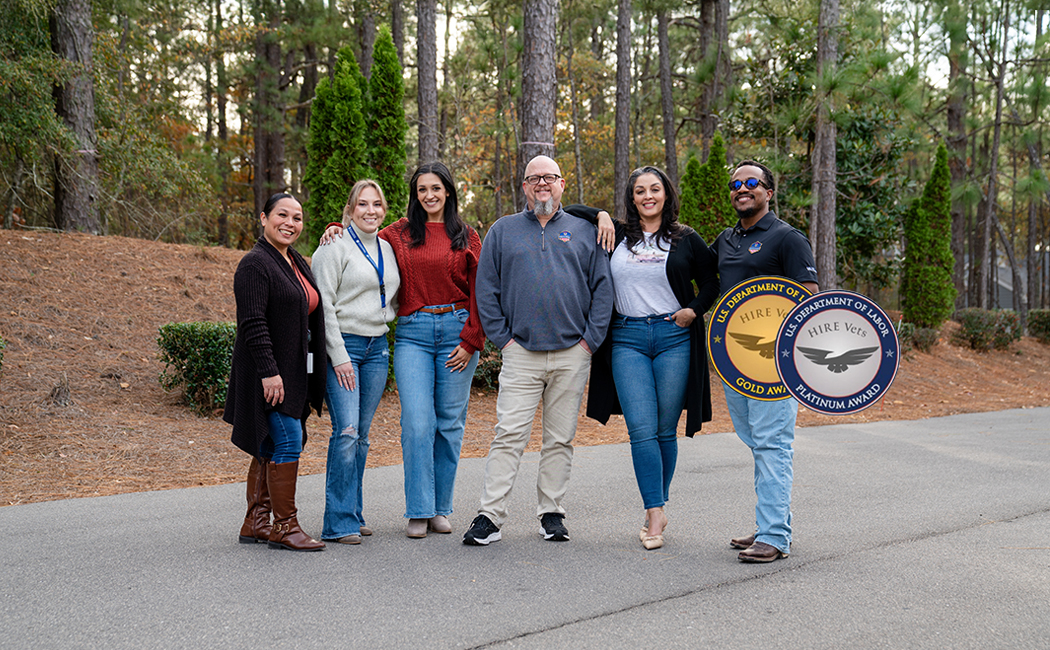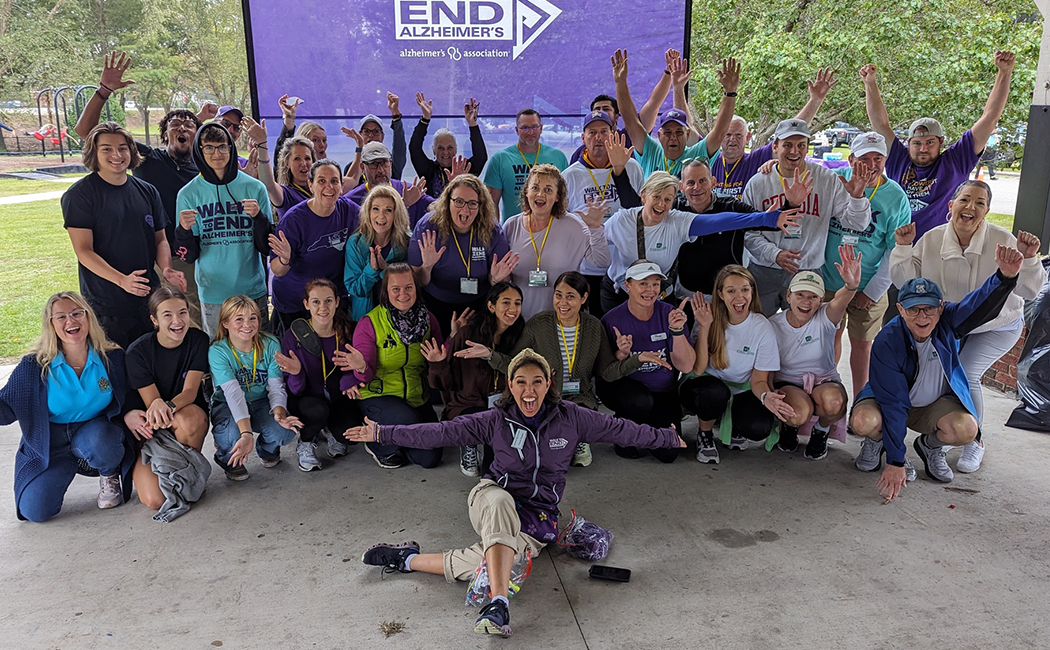ROGERS: DOING RIGHT BY IOWA’S VETERANS
Author: Will Rogers
Originally Published in Iowa Torch
As the echoes of Veterans Day celebrations linger in our hearts and minds, it is essential to recognize that the significance of this day extends beyond the parades and expressions of gratitude. It is important to remember that when it comes to addressing the challenges faced by veterans in the Hawkeye State, their service matters. One truth is clear in the complex arena of policies and bureaucracy: Iowa’s 162,000 veterans deserve unparalleled support and service.
As Congress evaluates legislative initiatives to help Iowa veterans more effectively secure the VA disability benefits they have earned, like the GUARD VA Benefits Act as well as the more comprehensive PLUS for Veterans Act of 2023, it is essential to navigate this discourse with clarity, foresight, and balance.
Veterans Services Organizations (VSOs) are pillars of the veteran community, providing invaluable support and guidance for our men and women of uniform as they return to civilian life. However, as primarily volunteer organizations, VSOs may not be able to accommodate the mounting number of disability claims. In Iowa, for example, 40% of accredited VSO representatives don’t even have a phone number listed on the VA website leaving approximately 1 reachable VSO Service Officer for every 1,400 veterans in the state. With over 300,000 VA claims currently considered backlogged nationwide, it’s clear that the disability benefits claims system requires a complete overhaul, with crucial backing from the private sector.
The proposed GUARD Act is well-intentioned, as it aims to protect our veterans from exploitation by unscrupulous actors. Yet, its proposed implementation threatens essential support from the private sector as it would prevent such actors from assisting a veteran with filing an initial disability benefits claim. It would also limit veteran choice and could delay the receipt of much needed benefits by leaving understaffed VSOs or accredited lawyers who do not assist with claims until there is an appeal, as the only options to assist our nation’s heroes in navigating the VA disability claims process.
The alternative to the GUARD Act, the PLUS Act, introduces new safeguards for veterans looking to secure the benefits and resources available to them. This approach shields veterans from potential malpractice and bad actors by requiring professionals that want to come alongside Attorneys and VSOs to undergo a rigorous, government-regulated accreditation process. Instead of sidelining private consultants, the PLUS Act elevates service and practice standards making sure that if veterans do choose to use a consultant, there is strict accountability.
Legitimate private sector consultants can serve as critical allies when maneuvering thru the convoluted bureaucracy of the VA benefits system. Their unparalleled experience and technical know-how ensure that veterans aren’t merely navigating the claims process but are empowered and prepared every step of the way. Crucially, these consultants also operate predominantly on a contingency basis, meaning they don’t get paid unless the veteran gets a rate increase.
As discussions around both pieces of legislation gain momentum in Congress, there’s an opportunity for compromise and collaboration. It’s time for legislators, VSOs, and the private sector to sit across the table, armed with the insights and feedback from the very veterans they aim to serve and craft a solution that combines the protective spirit of the GUARD Act with inclusivity and unparalleled support and service of the PLUS Act.
Our responsibility extends beyond merely protecting our veterans from potential pitfalls. We must guide, support, and ensure veterans access to the benefits they rightfully deserve. This is especially true in a state like Iowa, where only 19% of veterans receive any VA disability compensation, well below the national average of 23%
While both bills intend to champion veterans’ interests, it’s imperative to prioritize the PLUS Act or seek a middle ground that truly serves veterans’ interests. This goes beyond mere intentions. Congress must support comprehensive, inclusive policies that put our veterans first. Anything less would be a disservice for their sacrifices to keep our country safe.











